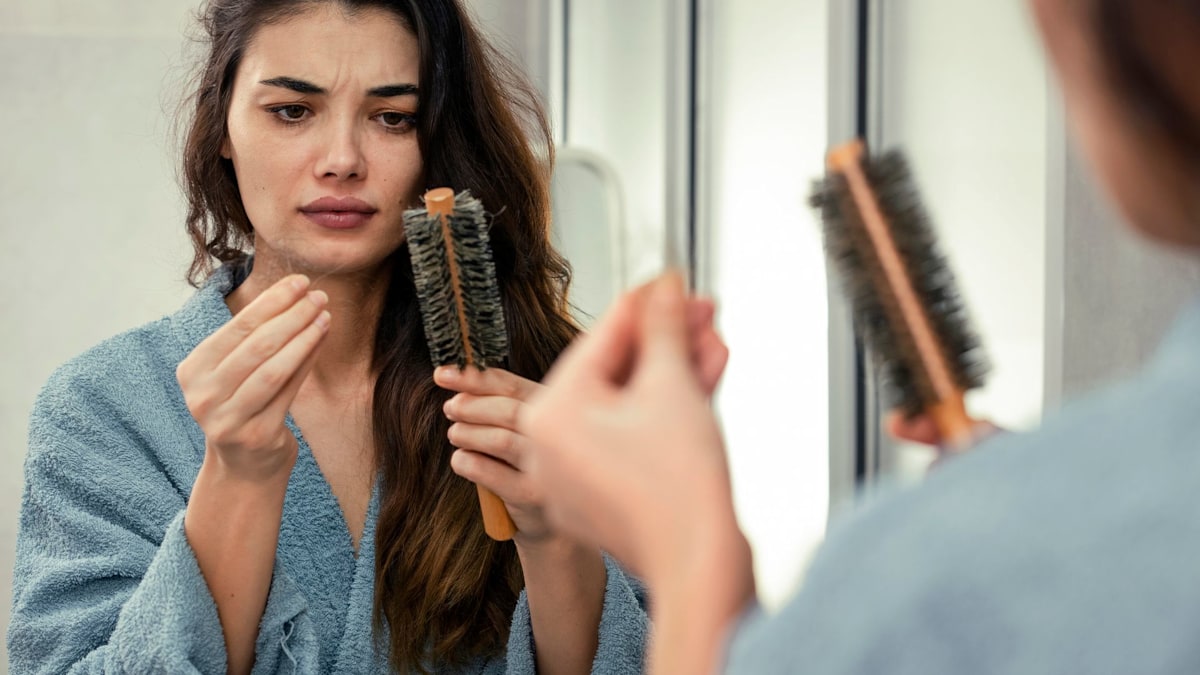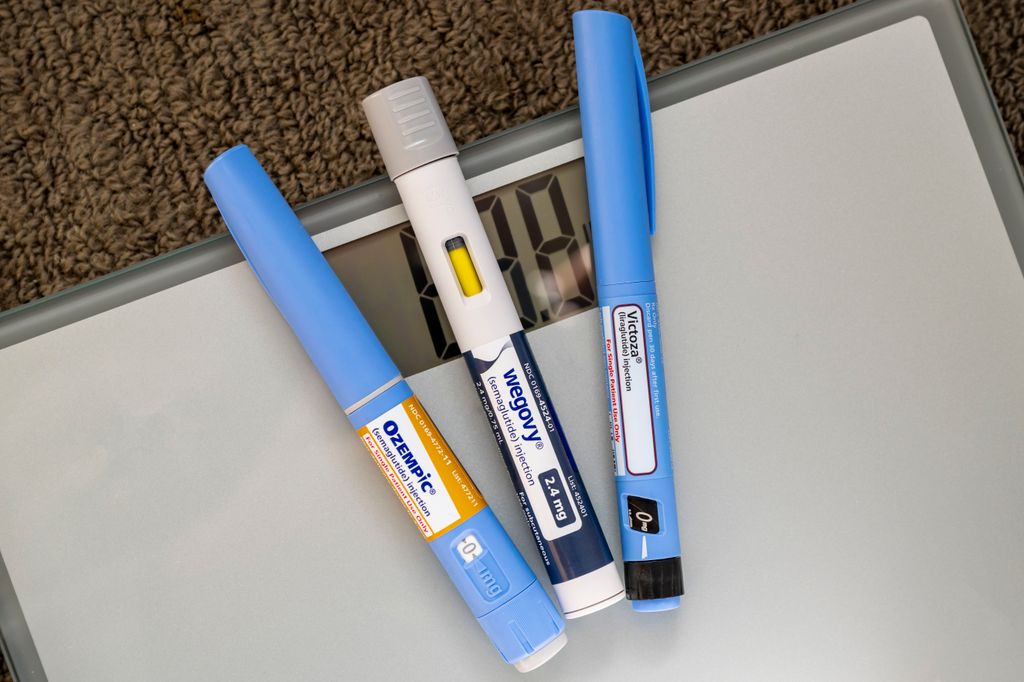As weight loss medications like Mounjaro continue to make waves across the globe, a new concern is quietly rising alongside the excitement: hair loss.
Searches for “Mounjaro hair” have surged by over 250% in just the past three months, and TikTok is awash with videos of users sharing their experiences of noticeable hair thinning after starting the medication. While not everyone on the drug experiences hair loss, the growing chorus of anecdotal accounts has sparked a wave of questions and worry.
So, what exactly is going on?
According to Novus Medical, while Mounjaro (a GLP-1 receptor agonist used for blood sugar management and weight loss) doesn’t directly cause hair loss, it can create the ideal conditions for it.
Rapid weight loss, often seen with medications like Mounjaro, can trigger a stress response in the body. In an effort to conserve energy, the body prioritises essential functions, meaning that processes like hair growth can take a back seat. This may lead to more hair follicles entering the resting phase, resulting in noticeable shedding.
Another factor at play is appetite suppression. With a decreased desire to eat, users may unintentionally miss out on crucial nutrients that support healthy hair growth, especially protein, iron, and essential fatty acids. Hormonal imbalances, such as fluctuations in oestrogen or thyroid function during weight loss, may also impact the hair growth cycle, particularly in women with conditions like PCOS or hypothyroidism.
The good news? There are practical ways to support your hair health while using Mounjaro. Here are five expert-backed strategies:
Prioritise protein and healthy fats
Hair is composed mainly of keratin, a type of protein. If you’re not getting enough protein in your diet, your hair can become brittle and more prone to shedding. Make a conscious effort to include high-quality protein sources in every meal — think eggs, lean meats, tofu, and legumes. Healthy fats like those found in salmon, walnuts, flaxseeds, and avocados are also vital for hormone production and scalp health.
Manage your stress and prioritise sleep
Hair loss is often linked to stress, and while Mounjaro itself isn’t inherently stressful, the lifestyle changes and rapid weight loss associated with it can cause physical stress on the body. Chronic stress raises cortisol levels, which can negatively affect the hair growth cycle. Likewise, sleep is essential for the regeneration of tissues and balancing hormones. Aim for 7–9 hours of restorative sleep each night, and try practices like mindfulness or yoga to help manage stress.
Be gentle with your hair
If your strands feel weaker than usual, it’s crucial to handle them with care. Avoid aggressive brushing, tight hairstyles, or heat styling tools that can exacerbate breakage. Opt for gentle, sulphate-free shampoos and conditioners, and avoid brushing your hair when it’s wet. Instead, use a wide-toothed comb and apply a leave-in conditioner to minimise friction.
Stay hydrated
Mounjaro may suppress your thirst cues, meaning you could unintentionally be consuming less water than usual. Dehydration can reduce circulation to the scalp, limiting the delivery of oxygen and nutrients needed for hair follicle health. Set reminders to drink throughout the day, aiming for at least 1.5–2 litres of water daily. Electrolytes like magnesium, potassium, and sodium can enhance absorption and prevent your body from flushing out water too quickly.
Support collagen production
Collagen plays a vital role in maintaining strong, resilient hair and healthy scalp tissues. Stress, ageing, and nutrient deficiencies can reduce your body’s ability to produce collagen, so make sure you’re including collagen-boosting foods like bone broth, citrus fruits, peppers, and berries. You might also consider adding a collagen supplement to your routine. Avoid lifestyle habits that damage collagen — such as smoking or excessive sun exposure — to help preserve what your body naturally produces.
For those looking for advanced support, new treatments like RF microneedling may offer a solution.
Sylfirm X with Morphiya is a non-invasive microneedling therapy that combines radiofrequency with cutting-edge exosome technology. The procedure helps improve blood flow to the scalp, reactivating dormant hair follicles and promoting growth. Morphiya works by delivering essential proteins and nucleic acids directly to the follicle, helping to repair damaged areas and rejuvenate the scalp.
Founder Boris Hodakel of We Are Feel says it’s time the narrative around female hair loss changes. “Hair loss has long been framed as a male issue, yet nearly 40% of women experience it at some point in their lives — and far too often, their concerns are dismissed or overlooked,” he says. “That’s why we launched Feel Hair Support: to bring visibility to female hair loss and provide a science-backed solution that actually works.”
Read the full article here









